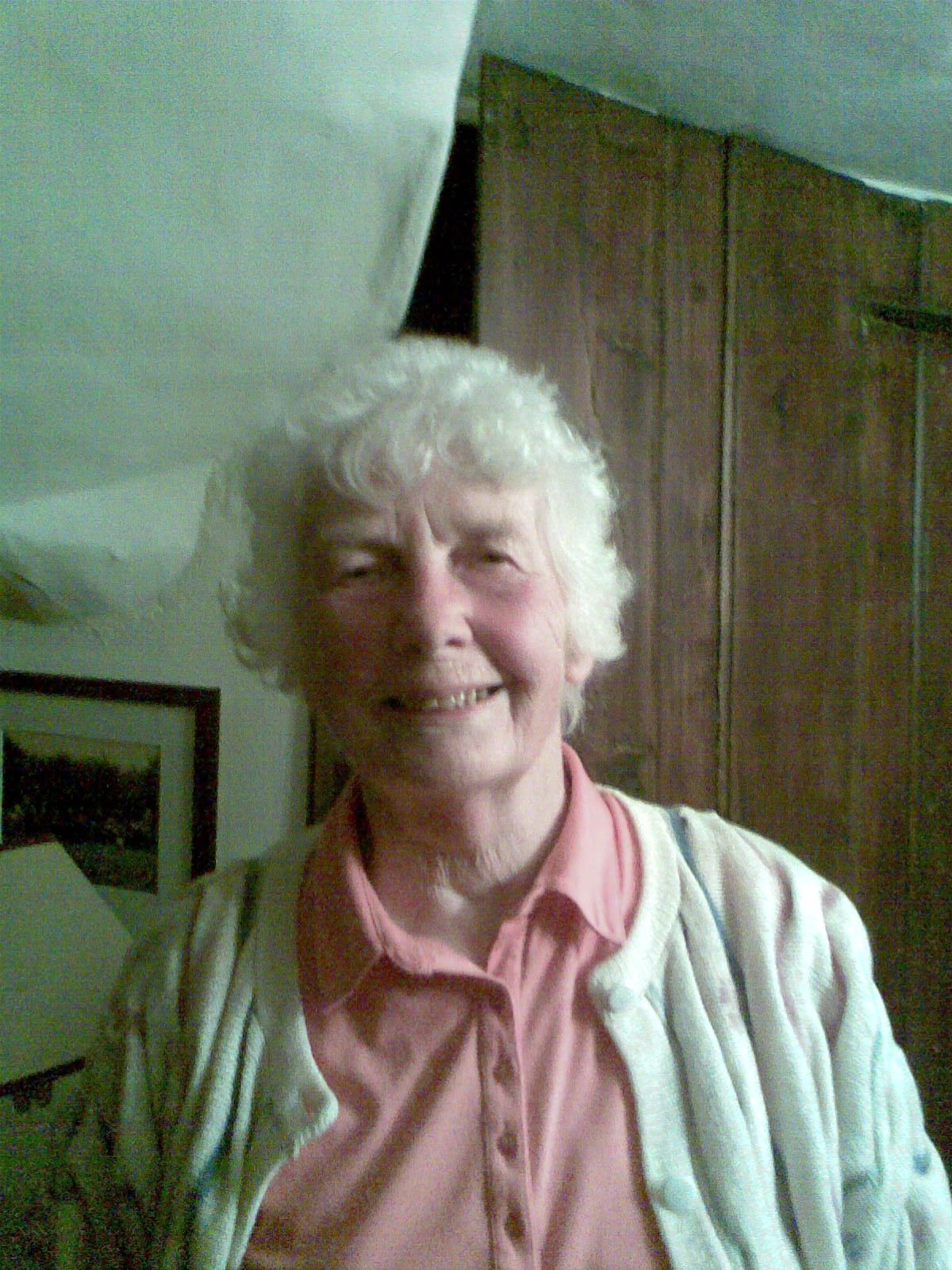I see a number of people who are successful in their public lives. They have a job in which they are doing well. They have a good car, an enviable home,a good income and a wide circle of friends who like and admire them. Yet they often have a marriage or intimate relationship that is hollow. They are Eliot’s hollow men-and mostly it seems to be men. They will have had at least one marriage that ended due to their having an affair-mostly with a woman, sometimes with a man. And they fare no better in their subsequent relationships, often having more affairs. And if asked why they often have no real answer. “Because I could” is often the nearest they get to an answer-as opposed to an explanation or an understanding. The challenge in the counselling relationship is to offer a space where intimacy is possible in a safe way. Little by little the patient becomes more able to reflect on their life and what it is that drives them. (This is often the point where the counsellor’s values risk a collision with his patient. I have to work hard at times not to let my own values get in the way of the work I’m doing.)
This is difficult work for the patient because it means visiting aspects of themselves that they don’t necessarily want to visit.The fear is that they will be judged and humiliated. (Mostly there is nothing that I could say as their counsellor that they have not already said to themselves.) In time, it is possible for them to risk following their thoughts and hunches, knowing that they are in a safe relationship. And to allow themselves to matter to their counsellor and vice versa. (This shift is the turning point in the counselling relationship. At this point work happens and change can begin. I know my patient well enough to have a sense of what they can hear whilst my patient trusts me enough to be able to listen.)
When this place is reached it becomes clearer how empty so many people feel. The BMW, the well made suit, all the accoutrements of success are used to fill the space inside. (The word” Melancholia” describes this well. Better than the more clinical “depression”.) So, where does this gap come from? It has its roots in childhood. Several of my patients had no idea who had been their biological father.It was not any of the men with whom their mother lived from time to time. Another patient worked out from an early age that the men who came to visit his mother whilst his father was at work should not have gone upstairs with her. (He developed stomach aches and other ailments to keep his mother’s attention on him and not on her lovers. Sadly this strategy failed.) In all these cases the sense of self-worth and value that comes from loving parents was unable to develop. Real intimacy was alien to these men. What replaced it was academic success or success at work. Or both. But the inability to be intimate was always lacking. Intimate not in the sexual sense but in the sense of allowing oneself to be known; to make oneself vulnerable thereby.To know that one is not self- sufficient.
The psychoanalyst Donald Winnicott speaks of a True and a False self. The False self is a kind of public face-which we all have. Whilst the True self is our private self-which we all have. Yet these normal states can harden into pathological states when we only have a public face, even in our most intimate moments. As Winnicott wrote “It is a joy to be hidden, and disaster not to be found.” (Imagine a game of Hide and Seek where you desperately want to be found, yet always ensure that you never can be.Yet long for someone to find you nonetheless.But are terrified of being found…)
The work of counselling is to be able to tolerate this game of Hide and Seek without giving up. to allow the patient to let you find him and then tell you how much he did not want to be found. And to bear the frustration when he goes off and hides again next time. And demands that you do and do not find him. The hope is that the time spent hiding decreases as the time being found increases. But it is not a quick game!
Don't give up







